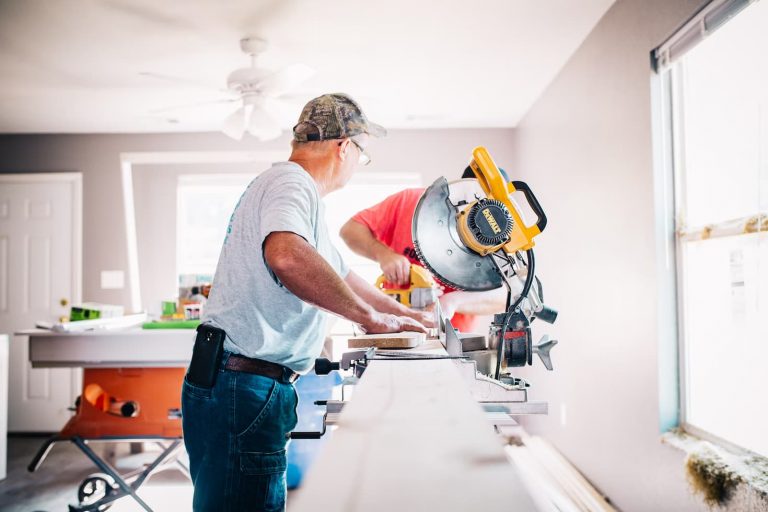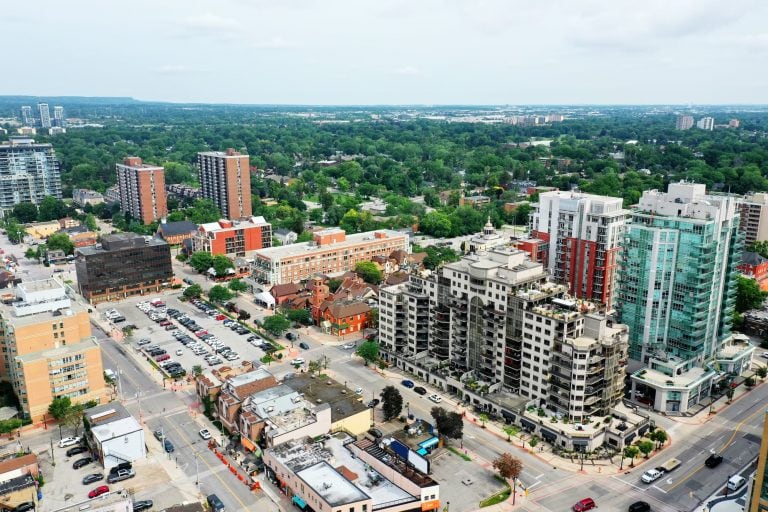You’ve made it through the lengthy process of searching for home after home, fighting through bidding wars, and awaiting the call that you got the house; Now it’s almost time to celebrate! Before you pop the bubbly, there are several loose ends to tie up, and all that happens on closing day.
Regardless of whether you bought a home for sale in Vancouver, Toronto, or Flin Flon, closing on a house can be nerve-wracking. Closing day is monumental for both the buyer and seller, so it’s best to go into it prepared. This post will show you what really happens on closing day from both perspectives, giving you the insight you need to have a smooth closing.
The Seller’s Perspective
On the seller’s side, closing day is the day that you officially transfer your property over to someone else. It can be an emotional and exciting day, which means you don’t want your brain to be scattered with a bunch of small details. It’s best to be as organized as possible going into closing day, and a lot of that means taking proactive steps beforehand. With the right process leading up to closing and the right people on your side, you’ll be handing over that house key in no time!
Seller’s Checklist
To be best prepared on closing day, keep this checklist in mind in the weeks leading up:
- Give your lawyer a copy of any mortgage, deed, property tax bills, or other documents you received when you first bought the house.
- Don’t cancel your household insurance policy until the deal is closed. If you’re moving out over 30 days before closing, reach out to your insurer and let them know the home is vacant.
- Visit your lawyer a couple of days before closing to sign papers and hand over one set of keys.
- If you are not a Canadian resident, you’ll need to get a certificate from the Canada Revenue Agency regarding any tax payable income. If you don’t have this, the buyer will hold 25% of the sale price until you do.
- Have all your utility metres read on closing day, so you are only responsible for your share of utilities. In addition, notify your cable and phone providers to disconnect your service, and if you have an oil tank heating system, make sure it is filled on closing day.
- Cancel any post-dated cheques at your bank, so you don’t pay for anything after closing.
- Make sure you are moved out of the house completely by 5 p.m.
Who Else Attends?
It takes a village to successfully sell a property, and closing day is no different. Here are the other people involved in closing day from the seller’s side:
- Seller’s attorney
- Seller’s representative
- Seller’s real estate agent
- A public notary
The Buyer’s Perspective
From the buyer’s side, closing day can feel a bit overwhelming. You’ve gone through this long process of buying a home, winning the bid, possibly relocated, are now signing a bunch of documents with a vague understanding of what they all say, and by the end of it, you’ll own a house. That can put a lot of pressure on someone, so it is crucial that you have done your research beforehand and have people on your side to translate all the legal jargon to you. As long as you do the following things, you’ll be bringing out the celebratory champagne!
Buyer’s Checklist
To ensure closing day runs smoothly, keep this checklist in mind in the weeks leading up to closing:
- Schedule your final home inspection a couple of days before closing to ensure that the home is in the same condition as when you signed the offer.
- Arrange moving time late in the afternoon or after closing day.
- Arrange fire insurance for your home so you can know the full replacement cost.
- Provide your mortgage lender with all necessary documents well before closing day so you have a better idea of what the final out-of-pocket costs will be.
- Look at your statement of adjustments before closing day so that no closing costs catch you by surprise.
- At least 2 days before closing, deliver the balance of money needed for your lawyer to close the deal.
- Tell your lawyer how you will be taking title to the property. This includes whether or not you will be a joint tenant and who will get the property if one of you passes away.
- Have your lawyer order title insurance for you.
- Arrange to have your cable and telephone providers to begin service on the day or immediately after closing.
- Contact the utility company to ensure that the metres were read on closing day, so you are only responsible for charges after you move in.
Who Else Attends?
Similar to the seller, the homebuyer should also have sufficient representation on closing day. From the buyers perspective, here are the others involved in closing day:
- Attorney (if you have one)
- A lender representative
- Your real estate agent
- The closing agent
What Happens on Closing Day?
In order to be successful on closing day, it’s important to take proactive steps beforehand. Following these checklists, whether you are buying or selling your home, should help you feel a little more at ease when closing day comes. With the help of an experienced real estate professional, the right legal team, and this post, you’ll be having your housewarming party before you know it!













